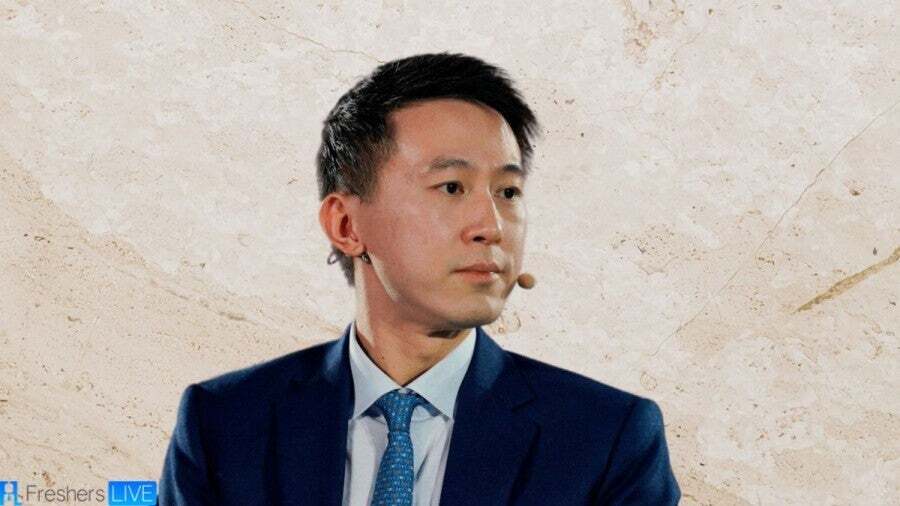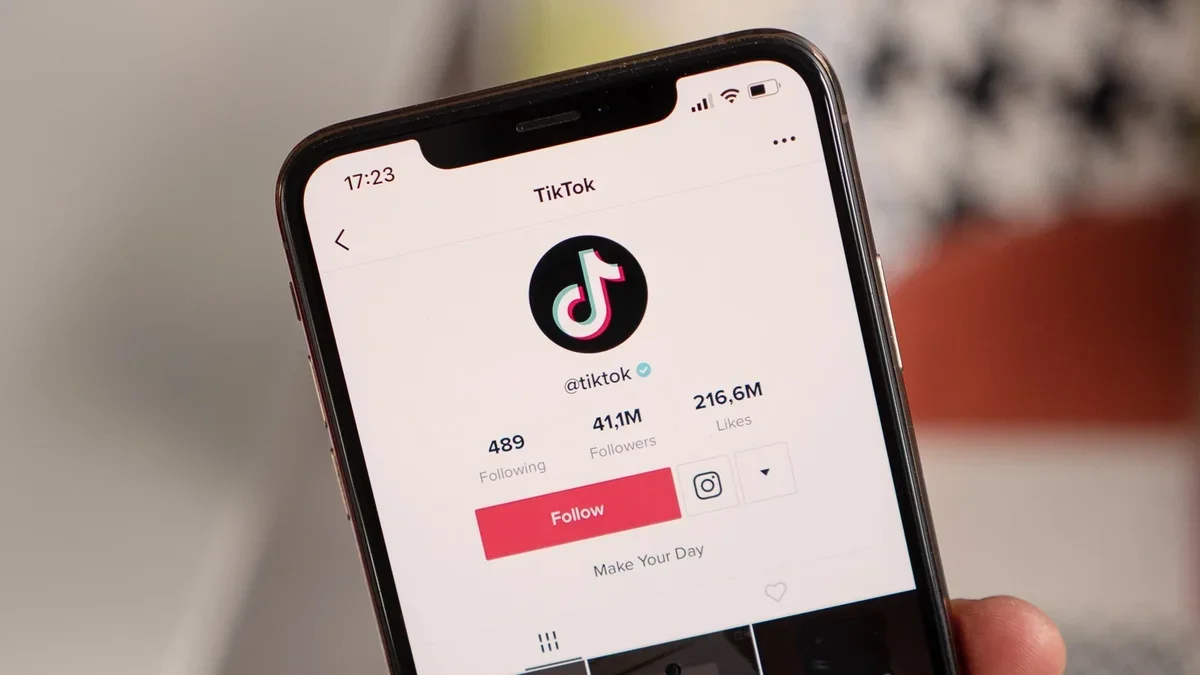[ad_1]
U.S. Intelligence has no proof that TikTok has worked with the Communist Chinese government

TikTok CEO Shou Zi Chew
Consider a comment made by CIA Director William Burns to CNN back in 2022. Burns said that it was “troubling to see what the Chinese government could do to manipulate TikTok.” Note that Burns said that he was concerned about what the Chinese government could do with TikTok, not what the government has done.
Also in 2022, FBI Director Christopher Wray made a very similar comment when he said that TikTok’s “parent company is controlled by the Chinese government, and it gives them the potential to leverage the app in ways that I think should concern us.” Like the comment made by Burns, Wray talks about the potential for the Chinese government to use TikTok against the U.S. and doesn’t make it sound as though the FBI has any evidence that such a thing has happened.
Wray said this at another point in 2022, “I would say we do have national security concerns, at least from the FBI’s end, about TikTok. They include the possibility that the Chinese government could use it to control data collection on millions of users or control the recommendation algorithm which could be used for foreign influence operations if they so chose.” The word possibility tells us that the Chinese government has yet to use TikTok to obtain data about Americans.
Many countries, including the U.S., use social media to influence and manipulate citizens in other countries
The potential for the CCP to influence U.S. voters in November weighs on some U.S. government officials. On Tuesday, Director of National Intelligence Avril Haines, the highest-ranking intelligence official in the U.S. government, testified to the House Intelligence Committee and was asked if China would use TikTok to try and influence the 2024 U.S. presidential elections. Haines said, “We cannot rule out that the CCP could use it.”
But the truth is that many countries, including the U.S., use social media in an attempt to influence the outcome of foreign elections. Last Monday, in its annual Intelligence Community threat assessment, the report said, “TikTok accounts run by a [People’s Republic of China] propaganda arm reportedly targeted candidates from both political parties during the U.S. midterm election cycle in 2022.”
Reuters reported this week that when Donald Trump was president, he signed an order authorizing the CIA to use social media to influence and manipulate the public opinion of Chinese citizens. And the U.S. does this sort of thing with other countries and terrorist groups.
None of this matters when TikTok and China are involved as you can tell by the final vote of the proposed legislation in the House. As we said earlier, getting through the Senate is going to be a harder task.
[ad_2]
Source link
